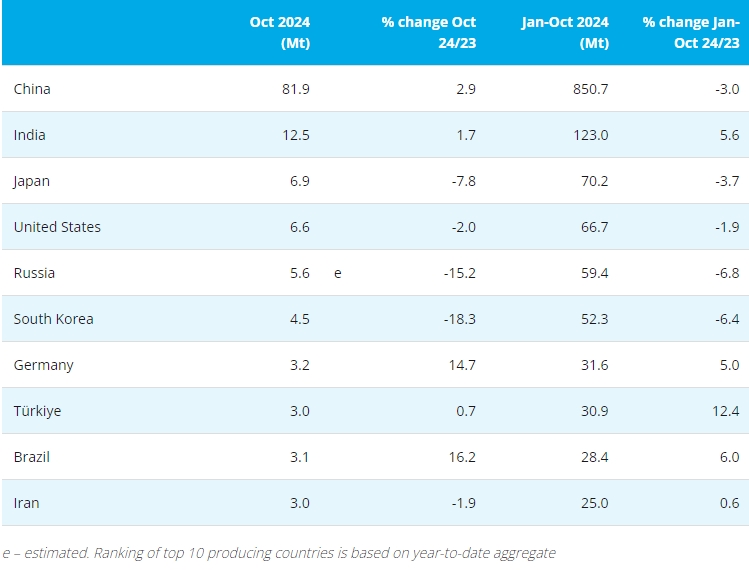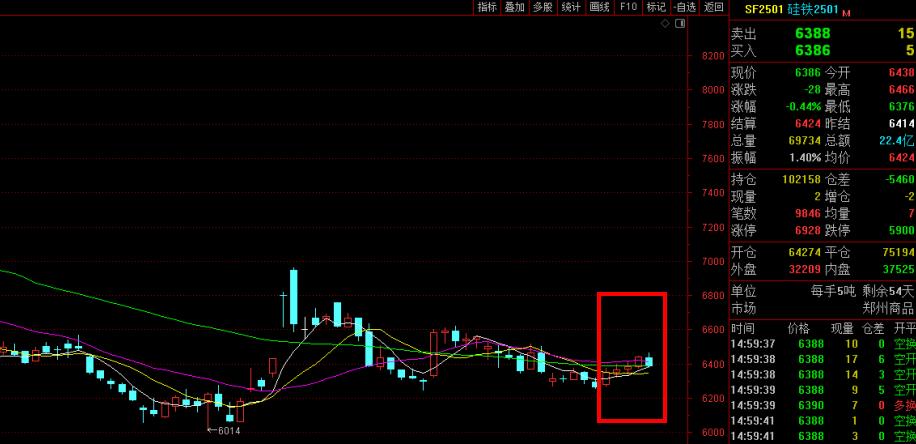Traders associations, regulators and other market representatives have responded to the European Commission's consultation proposed power market reform, warning against state support and structural intervention, although they failed to agree on how to develop long-term contracts.
In their response to the EU consultation, most organisations agreed on the importance of contracts for difference (CfDs) — earlier presented by France and Spain as potential cornerstones of the reform — and of power purchase agreements (PPAs). European association of transmission system operators Entso-E acknowledged that CfDs can be "an effective instrument to provide long-term investment signals" while European energy traders association Efet said PPAs were useful in hedging risks related to price and volume fluctuations.
But their views diverged on which type of contract should be prioritised. Efet found that CfDs can harm market participants' incentives to hedge through PPAs and make power producers more dependent on state support. In addition, CfDs should be carefully designed, to avoid distortions or lower liquidity in spot and balancing markets, Entso-E warned.
In contrast, European regulators associations Acer and CEER noted that the development of PPAs could result in liquidity shifting away from forward markets, where standardised instruments already exist. They also recommended against active state support being given to PPAs, as envisaged in France, as a means of providing an insurance against risk.
Need for regulatory stability
Several institutional actors converged around concerns on regulatory uncertainty harming the development of PPAs, despite their differing views on the preference of PPAs as opposed to CfDs. "The current crisis has created a precedent of interventions on inframarginal rents", EU electricity lobby Eurelectric said. Since the interventions started, PPA volumes have fallen to 6.6GW in 2022 from 8GW in 2021, according to the association.
Those claims were reiterated by energy firms, with a group of 14 companies last week sending a joint letter urging for caution on the reform and calling for the need to avoid those emergency interventions being transformed into a structural reform. They recommended keeping long-term contracts voluntary rather than mandatory, as suggested by Spain.
The European association of energy storage (EASE) highlighted the lack of hourly time-stamped Guarantees of Origin (GOOs) and the absence of an EU-wide harmonised GOO system as the main obstacle for signing PPAs.
Points of convergence
Developing market liquidity appeared as a recurrent theme in most responses. Eurelectric, Efet and Acer have converged around the need to allocate long-term transmission rights over longer periods of time than one year ahead, which would allow for the signing of cross-border PPAs.
Announced as a goal of the reform, consumer protection was also listed as a priority by most organisations. Entso-E advised for direct support measures, potentially complemented with fixed-price contracts, and for the development of flexibility services.
But the obligation for power suppliers to hedge part of their volumes — put forward by French energy regulator CRE — received a cold welcome by Acer and EASE, which said that hedging may be incentivised for fixed-price contracts, but not imposed.
The commission is expected to finalise its legislative proposals in March. argusmedia
Copyright © 2013 Ferro-Alloys.Com. All Rights Reserved. Without permission, any unit and individual shall not copy or reprint!
- [Editor:kangmingfei]



 Save
Save Print
Print Daily News
Daily News Research
Research Magazine
Magazine Company Database
Company Database Customized Database
Customized Database Conferences
Conferences Advertisement
Advertisement Trade
Trade


















Tell Us What You Think